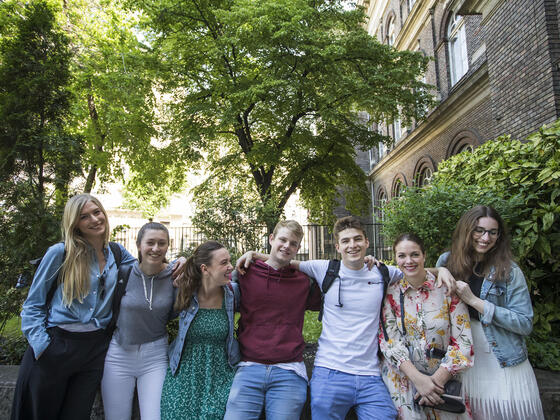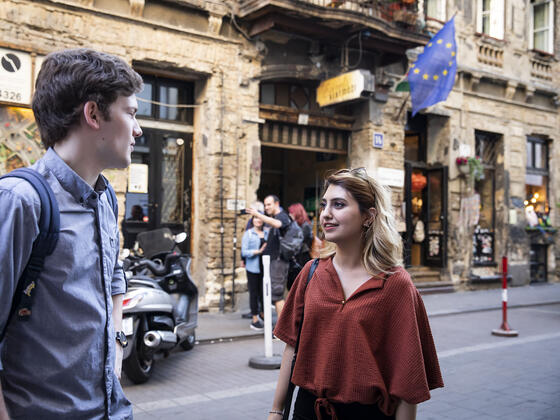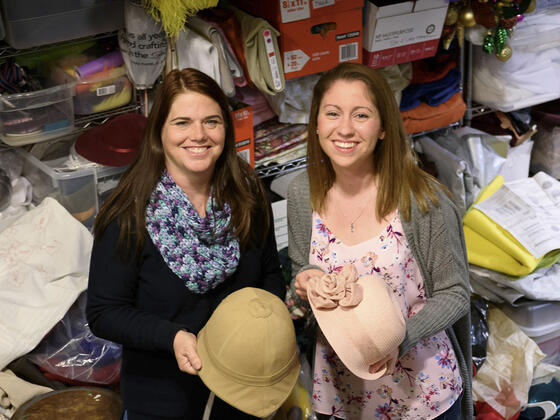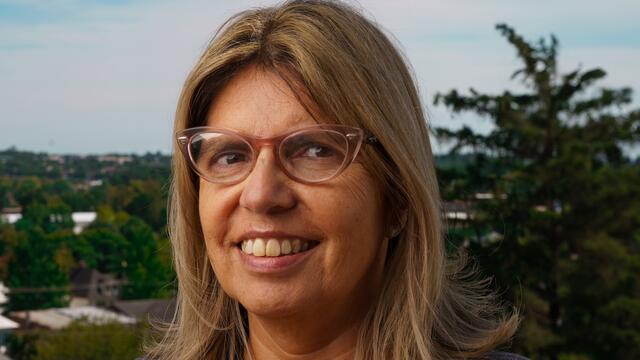Spanish
We could give you a couple good reasons to study Spanish language and culture… but wouldn’t you rather have 400 million? That’s about how many people speak Spanish the world over. Now imagine how many opportunities each of those people represents: opportunities for friendship, for careers, for lifelong learning, for seeing the world from 400 million different perspectives.
Mortarboard
Degree Types
Major, Minor
Institution
Complementary Programs
Heart
Distinctive Requirements
Capstone, Study Abroad
Document
Study Abroad
Mexico, Spain & more
McDaniel Commitment in Action
Meet Our Spanish Faculty

Faculty Spotlight Amy McNichols, Ph.D. Professor of Spanish and Director of Global Fellows Program







